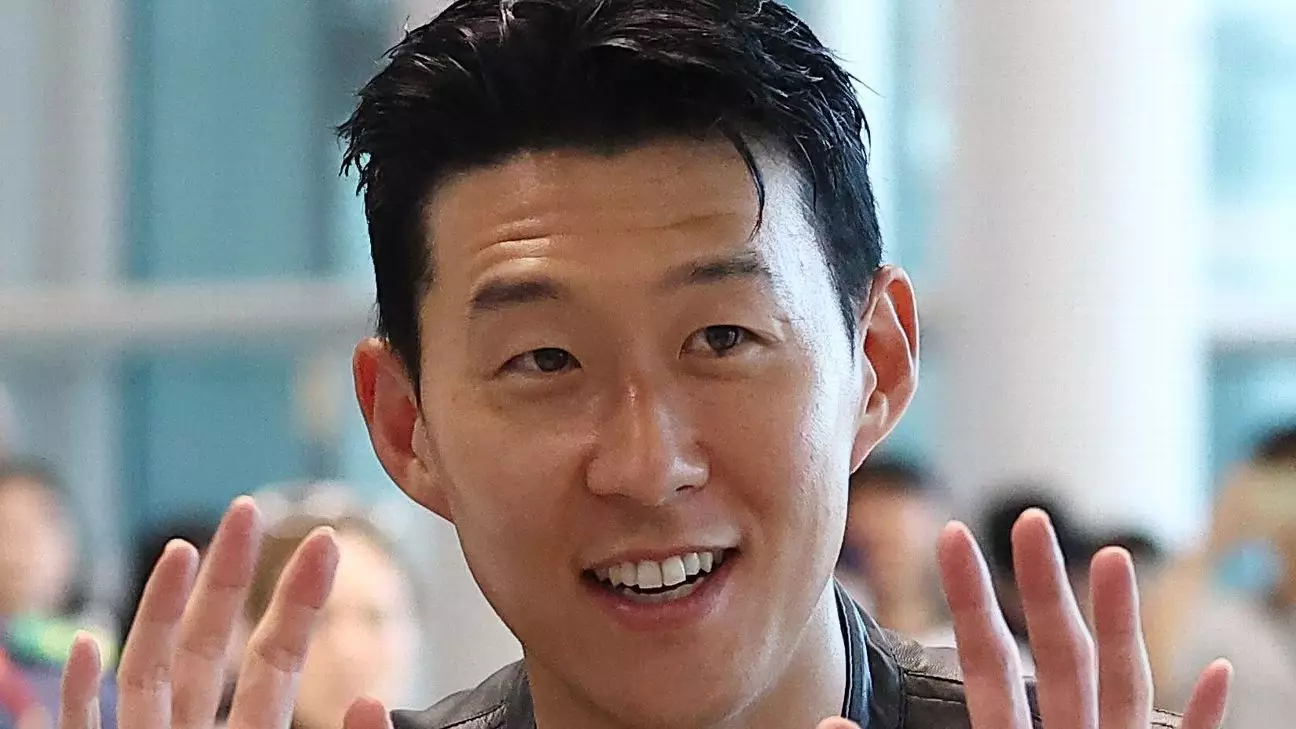Son Heung-Min’s recent transfer to LAFC marks more than just a change of club; it signifies a shifting landscape in the global perception and influence of Asian footballers. After a decade of stellar performances with Tottenham Hotspur, the South Korean superstar’s decision to join Major League Soccer’s LAFC is a calculated move rooted in ambition, opportunity, and strategic market positioning. With a transfer fee reportedly around $26 million—breaking MLS records—the move underscores the league’s growing financial clout and its appeal to globally renowned talent.
This acquisition isn’t just about on-field excellence; it’s a deliberate effort to tap into Los Angeles’ diverse, vibrant demographic, especially its sizable Korean community. LA’s Koreatown is a cultural hub, and having a figure like Son become a central part of the local sports landscape will catalyze brand engagement, sponsorships, and cross-cultural connectivity. The club’s plan to unveil Son at a formal press conference indicates a desire to leverage his star power beyond just athletic brilliance, transforming LAFC into a gateway for Asian sports influence in the United States.
Reigniting the Asian Athlete’s Market Power

Son’s move echoes the kind of narrative seen with Japan’s Shohei Ohtani in baseball—an athlete who bridges cultural gaps and acts as a magnet for international attention. While Ohtani has become a household name both in the U.S. and Japan, Son’s arrival in LAFC appears aimed at replicating that success on a European-level scale within the American sporting landscape. His presence is expected to elevate MLS’s profile among Asian fans and global markets, as well as inspire a new generation of Asian athletes who see North America as a viable stage for their talents.
This strategic positioning also offers Son an enhanced platform ahead of the 2026 World Cup, hosted across Canada, the U.S., and Mexico. As captain of South Korea and a seasoned World Cup veteran, his influence on and off the pitch could be pivotal in increasing the tournament’s Asian viewership and marketability. It’s no longer just about playing at the highest level but also about shaping a broader cultural narrative that recognizes Asia’s emerging dominance in global sports.
From Tottenham Legend to LA Icon—Reimagining Son’s Legacy

Son’s farewell game with Tottenham—an emotional send-off in Seoul—highlighted his deep connection with Spurs fans but also marked the close of an era defined by consistency and excellence. His 173 goals in 454 appearances laid the foundation for his reputation as a versatile, electrifying forward. Yet, his move to LAFC feels like an essential recalibration—a step to redefine his legacy on multiple fronts.
Joining LAFC not only provides Son with a fresh challenge but allows him to forge new narratives. His reunion with goalkeeper Lloris, Tottenham teammate and now LAFC star, signifies a continuity of friendship amid change. Son’s role transcends athletic performance; it becomes about cultural diplomacy, marketing acumen, and community impact. By positioning himself as a key influencer in Los Angeles, he has the potential to elevate the league’s global stature and inspire more Asian players to consider MLS as a career-defining destination.
The Future of Asian Stars in Global Sports
Son’s career trajectory exemplifies a broader trend: Asian athletes are now increasingly viewed as global icons, capable of transcending sport to become cultural ambassadors. His move to LAFC could catalyze similar transfers, boosting the league’s competitiveness and appeal. Moreover, it challenges stereotypes, proving that Asian athletes are not just talented but also adaptable, marketable, and pivotal to the internationalization of sports leagues.
In embracing this new chapter, Son is effectively betting on his influence extending beyond the pitch. If he successfully integrates into Los Angeles—its culture, its diverse community, and its global audience—he could redefine the boundaries of Asian athletes’ potential in Western sports markets. It becomes an inspiring narrative of transformation, resilience, and strategic foresight—one that could shape the future of Asian sports stars globally.


Leave a Reply